The subject of death, especially as it pertains to the passing of those close to us, is oftentimes an inconsolable part of the human condition. After all, our daily lives are already so steeped in exhaustive emotions and chronic stressors (especially in our current set of crises) that the thought that you or any of the people you cherish could simply drift away into eternal silence without so much as a whimper is enough to sink anyone into existential despair. And so our ability to accept something as unsavory as the end of life, and by proxy our fraught attempts at reaching closure with those who cease to be, is more often luxury than a guarantee. Loss is painful. The anticipation of loss, of saying goodbye, is painful. And the process of moving on, coping with the legacy of those parts of life now conspicuously vacant, is painful. But it doesn’t always have to be.
Thunder Lotus’s SPIRITFARER is a game that, essentially, focalizes around loss and closure. You play as Stella, a girl chosen by Charon, ferryman of the departed, to take up his mantle and harbor a number of wayward spirits from this world on to the next. However, your duties do not cease at being a metaphorical (and literal) transport toward the hereafter: you must care for the familiar souls who board your vessel and help them feel as content as possible, keeping them fed, building them homes, or fulfilling their last requests before they accept what lies beyond the pale. And once they have ultimately chosen to let go, it is on you to personally take them to the Everdoor and do the same. But while the topic this game opts to explore may lean toward the somber, the ways in which SPIRITFARER demonstrates its core message, especially through the visor of a cozy little sim title, makes for an enjoyably heartwarming and cathartic experience.
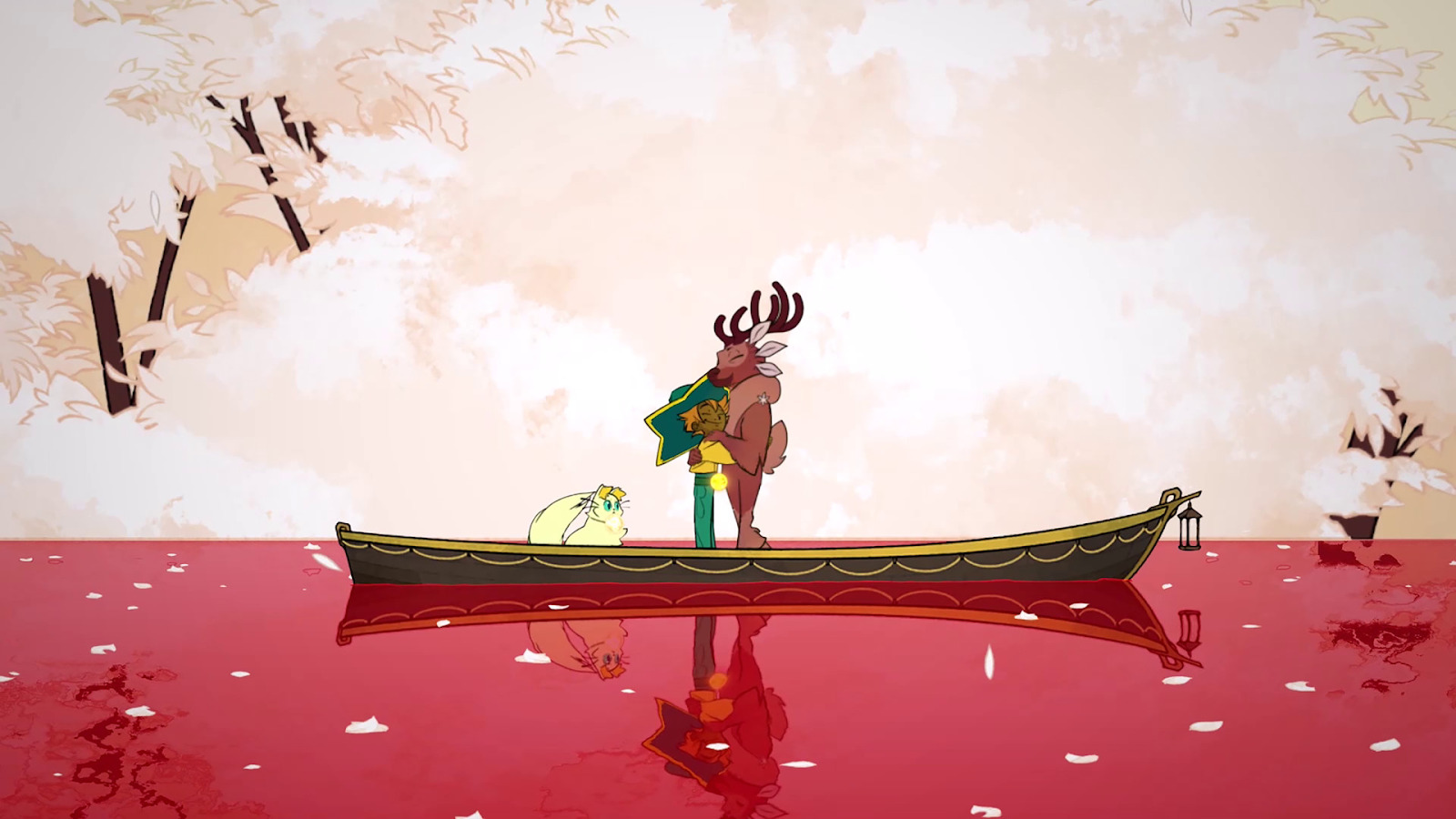
Spirit Animal Hugging Simulator 202
The indie scene has always had a knack for broaching sensitive material with a creative flourish absent from the broad strokes of the mainstream. Whether via sardonic RPGs of cyclical abuse like LISA: THE PAINFUL, “walking sims” and anthologies on fate a la WHAT REMAINS OF EDITH FINCH, or even going the survival horror route in discussing mental illness through HELLBLADE, you can usually count on these smaller scale works to deliver a unique vehicle for their hefty themes. In SPIRITFARER’s case, its raison d’etre is supplemented by a mix of 2D platforming and resource management, inviting both Stella and the player to explore its open sea and quaint archipelagos in search of spirits and precious supplies, the latter of which being used to build facilities aboard the ferry like looms and fruit orchards, sold to finance the growth of your vessel, or otherwise better accommodate your anthropomorphic entourage.
It’s a slow-burn style of game that mostly sustains itself through a rotation of simple chores, platforming minigames and a relaxed pace throughout, which definitely helps to cement the cozy vibe and storybook charm of the ambiance without demanding much in the way of skill or efficiency. However, this isn’t exactly an ANIMAL CROSSING situation where there’s no end goal once things get going; there’s a drive to forward progression in that it is necessary to open up more of the map, obtain new abilities for exploration, and unlock new materials to further your passenger’s respective bucket lists. And fittingly, that gameplay loop of pushing for these advancements is tied explicitly to the spirits who become part of your little boat family, which invariably means creeping closer and closer to their departure at the Everdoor.
You impose your own time limits, not only of the tempo at which you keep yourself busy with the daily functioning of the ferry, but the residents’ temporary tenure aboard it, and will eventually need to say goodbye to some of them before you can (appropriately) move on. But even if you feel like holding things off to make your peace, the game will never penalize you for taking your time. So utilize it as it comes: go out of your way to search for ingredients and prepare their favorite meal, convert logs into lumber and ore into ingots to fulfill another spirit’s request chain, or just turn off the UI and take in the gentle beating of the waves as you sail your precariously towered sea town into the blue yonder; they’ll understand. And no matter how long it takes you to get around to seeing them off, the satisfaction of seeing that little green smile indicator flash before they go, knowing you’ve made your temporary family as happy as can be on their way out, is frankly its own reward.
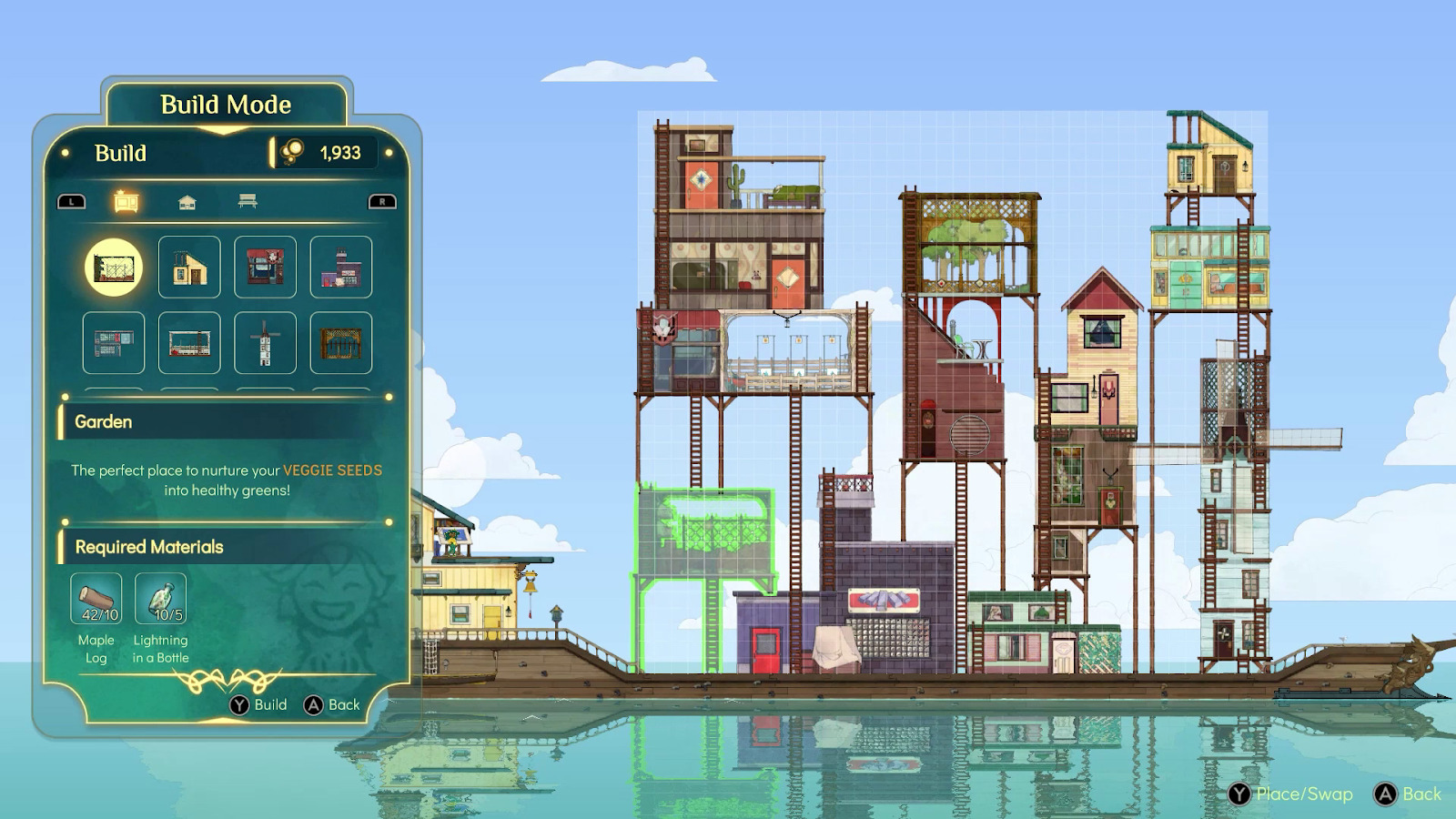
There’re no OSHA regulations aboard the S.S. Friendship.
While the gameplay is definitely serviceable enough to function as a relaxing distraction from reality, it is the spirits themselves that keep you tethered to this world. Each of the dozen or so souls you come to help across your seafaring journey all bring their share of life and charm to the voyage in their own special way, whether it’s recounting stories of their past experiences, chipping in to help Stella perform chores, or simply entertaining you through their antics and reactions to company. The relationships that we create with these passengers are palpable, and while Stella mostly operates as a silent self-insert for the player, her facial expressiveness and each spirit’s quiet enthusiasm around her make it so you can’t help but become genuinely invested in their well-being, wanting to spend more and more time with them. Because despite taking the form of cutesy creatures, the beings under your care feel authentically real, and reflect the types of people you may very well have outside the cozy simulation. Which, in turn, makes things all the harder when after hours of doling out hugs and catching lightning in bottles with a big, friendly frog man, you suddenly remember that this game is about coming to grips with death.
For all the positive vibes and feel-good material this game projects, there were plenty of deeper moments throughout my time on deck that rippled to the surface and left me genuinely misty-eyed, with some feelings hitting too close to home. When one spirit starts to become weak and forgetful, requiring you hold their hand and walk them every day across the bow while they slowly lose all memory of who you are, even up to their final breath, it feels like a stab in the gut. When another talks about having “tried their best” abating terminal illness, or accepts in some small part that the people they left behind in life cannot forgive them, you feel for them, too. It’s these blips of sobering verity that showcase the poignancy of the game’s writing and, while sometimes painful, ground us enough to appreciate the weight of what transpires on screen.
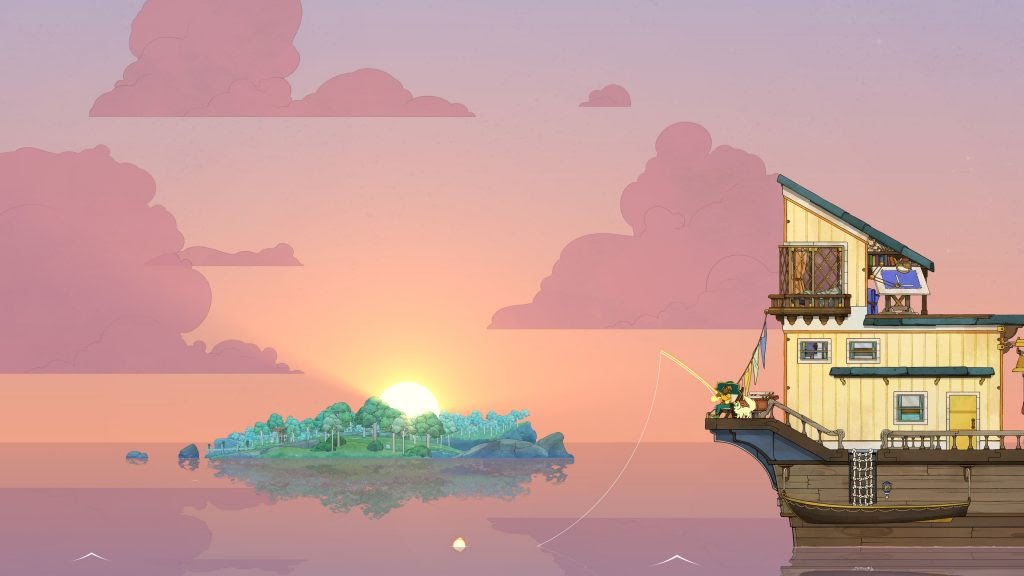
Come Sail Away
And yet, after these emotional lows subside and you are thrust back into normalcy, zipping across the ferry to attend to your daily rotation, playing the music one early member of your journey once did to help your plants grow and walking past the empty houses of your departed friends, you’re reminded of the time you spent together and all you have managed to accomplish since. You keep them in your memory and, once your own job is done, you let it all go knowing you did what you could. It’s the bittersweet notes that define the ethos of this title—of providing care and comfort to the best of your ability, remembering those who pass on, and continuing on with the lessons they teach you—that are SPIRITFARER’s greatest strength. And they make the entire experience, every simple joy and emotional departure, worthwhile.


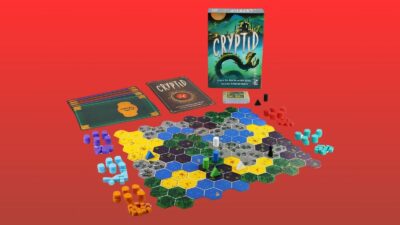

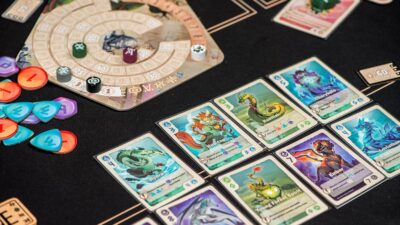
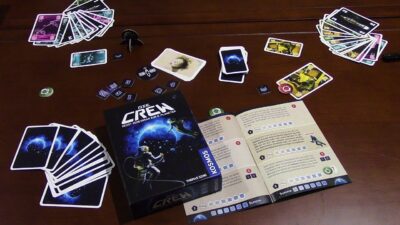


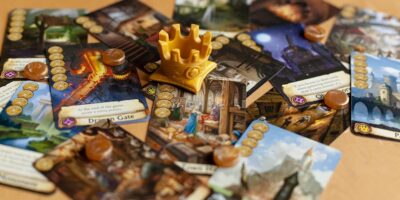







Comments